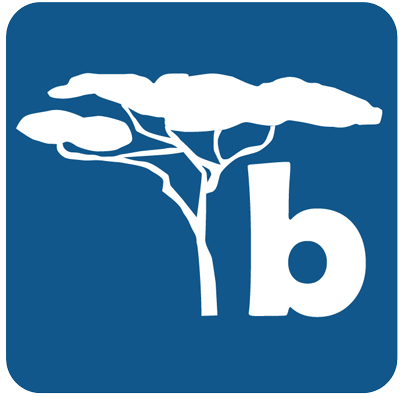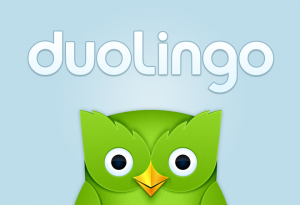If you could learn anything at all, what would it be? Would you choose to go back to school and perfect a new life skill? Would you take up the art of cooking? Or would you, like thousands of others do each year, like to learn a new language? Communicating with people from around the world is one of the most useful skills that we can learn. With the ability to interact comes the capability of understanding a different culture, widening our global perspectives and giving us the ability of doing something really great in the world. Thanks to technology, getting a new language under our belt has never been easier and, by simply downloading any one of these 5 apps, you could be on the road to a new way of speaking in no time at all.
Perhaps the most popular out of all of the language apps, Duolingo has some seriously impressive features written into its software. The beauty of the app is in its functioning; rather than many other tried and tested methods, Duolingo works like a game, granting users points for each correct answer they put in. Games focus on repetition through speaking, conversational practice, spelling and listening exercises and all of the topics present questions in a mix of forms, really testing all parts of user comprehension. Once you start racking up points, it’s very hard to stop and before you know it, a new language could be yours for the taking.

(source: clubic.com)
Equally as popular as Duolingo and just as effective, Babbel has long been topping the language apps lists. Focusing on a similar set of listening and repetition exercises, Babbel exposes new users to common elements of languages, giving them all of the basic information they need in order to progress. Babbel also lets its users personalize their learning experience by setting their own goals and benchmarks. Want to brush up on your conversational Italian, for example? You got it!

(source: twitter.com)
There are some apps, however, which are focused towards individual languages, specializing in their nuances. Fans of Japanese culture might want to make a beeline for the app AnkiApp, a platform which focuses on all things Japanese. With a whole new alphabet to teach, the app works using flashcards, making memorizing and recognizing new symbols a walk in the park. Users also have the option of working with quick fire sessions, testing all of their knowledge in under a minute.
4. BRAINSCAPE

(source: brainscape.com)
If, on the other hand, Mandarin is your bag, you might be interested in the specialist app Brainscape. Working using a similar set of flashcards, Brainscape is designed to make the Mandarin alphabet easier for users to understand and as a result, make communication and comprehension much more simple. In an additional feature, the app also teaches users about the brush strokes of each Mandarin symbol, helping them to understand how they are drawn and even have a go writing for themselves.
5. BUSUU

(source: paperboy.fr)
While Busuu has all of the trappings of any other language app, it also offers its users a unique experience to help to improve their comprehension. Featuring an expanding community of users from across the world, the app encourages people to interact with native speakers of the language they’re learning and effectively put their skills into use. By using recorded stretches of dialogue, users can interact with one another and gain insight into how locals use their native language.




